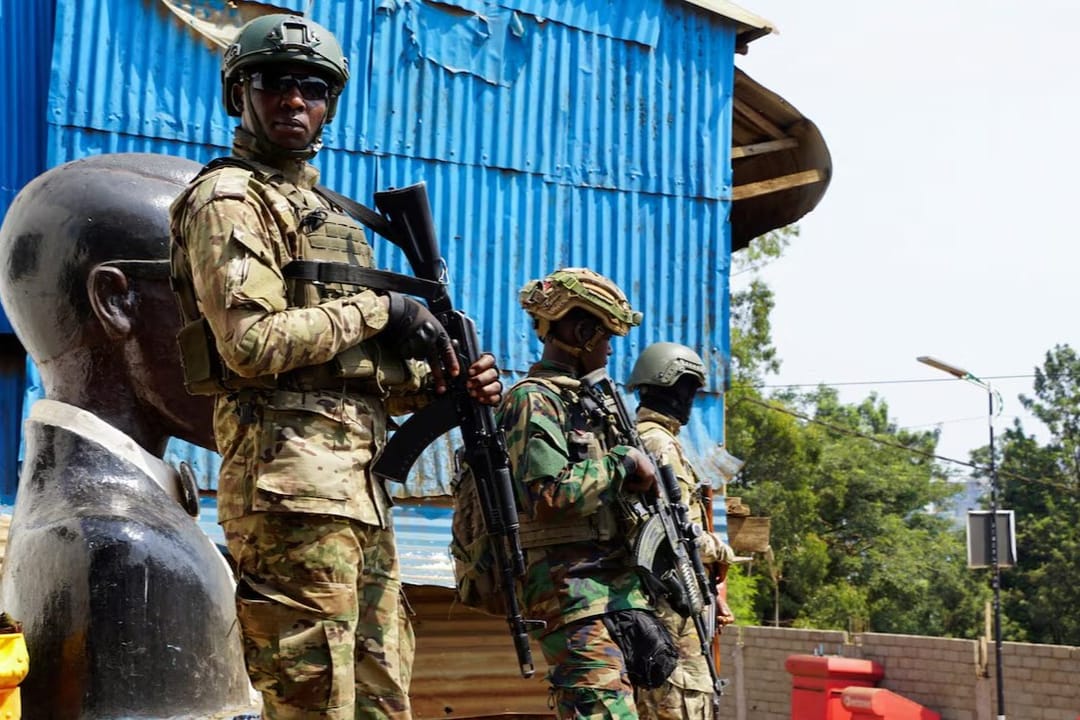M23 Accuses Kinshasa of Violating Agreement with Drone attacks in Walikale
The M23 movement had announced its withdrawal from Walikale to contribute to ceasefire talks but it says government drones in Walikale are preventing fighter withdrawal.
March 25, 2025Clash Report

M23 accuses Kinshasa of preventing its fighters from withdra
The M23 rebel movement in the Democratic Republic of Congo (DRC) claimed on March 25, 2025, that it could not relocate its fighters from Walikale due to the continued presence of military drones operated by the DRC army and its allies. The group referenced a prior agreement made on March 23, which they say required the withdrawal of drones as a precondition for redeployment.
Drone Use as Military Leverage
In a post on X, M23 spokesperson Lawrence Kanyuka accused government forces of violating the agreement and said the situation is delaying the movement of "AFC/M23 forces." While the acronym "AFC" remains unexplained, it may point to a faction or affiliated group—raising questions about command structure and operational clarity within M23.
Kinshasa Silent
As of Tuesday, the Congolese government has not responded to these accusations. FARDC has frequently used drones for surveillance and combat in the eastern regions, complicating ceasefire and demobilization efforts.
Fragile Truce Under Pressure
The delayed fighter withdrawal highlights the fragility of current peace arrangements in eastern DRC. Disruptions in such agreements can quickly reignite violence, particularly in conflict-prone areas like Walikale, where tensions remain high between rebel factions and the Congolese military.
International Mediation at Risk
International mediators have been attempting to stabilize the region and bring both sides to the negotiating table. The continued drone presence could not only undermine these efforts but also deepen distrust between the warring parties.
Related Topics
Related News
U.S. Signs New Health Deals With Nine African States
Africa
23/12/2025
M23 Claims Hundreds of Burundian Soldiers Captured
Africa
15/12/2025
M23 Announces Unilateral Withdrawal From Uvira
Africa
16/12/2025
"Send the Refugees or Give Us the Money" Rwanda to the UK
Africa
28/01/2026
DR Congo Accepts Frontline Freeze Proposal by Angola
Africa
14/02/2026
UN Demands Rwanda Pull Back From Congo, Extends MONUSCO
Africa
20/12/2025
